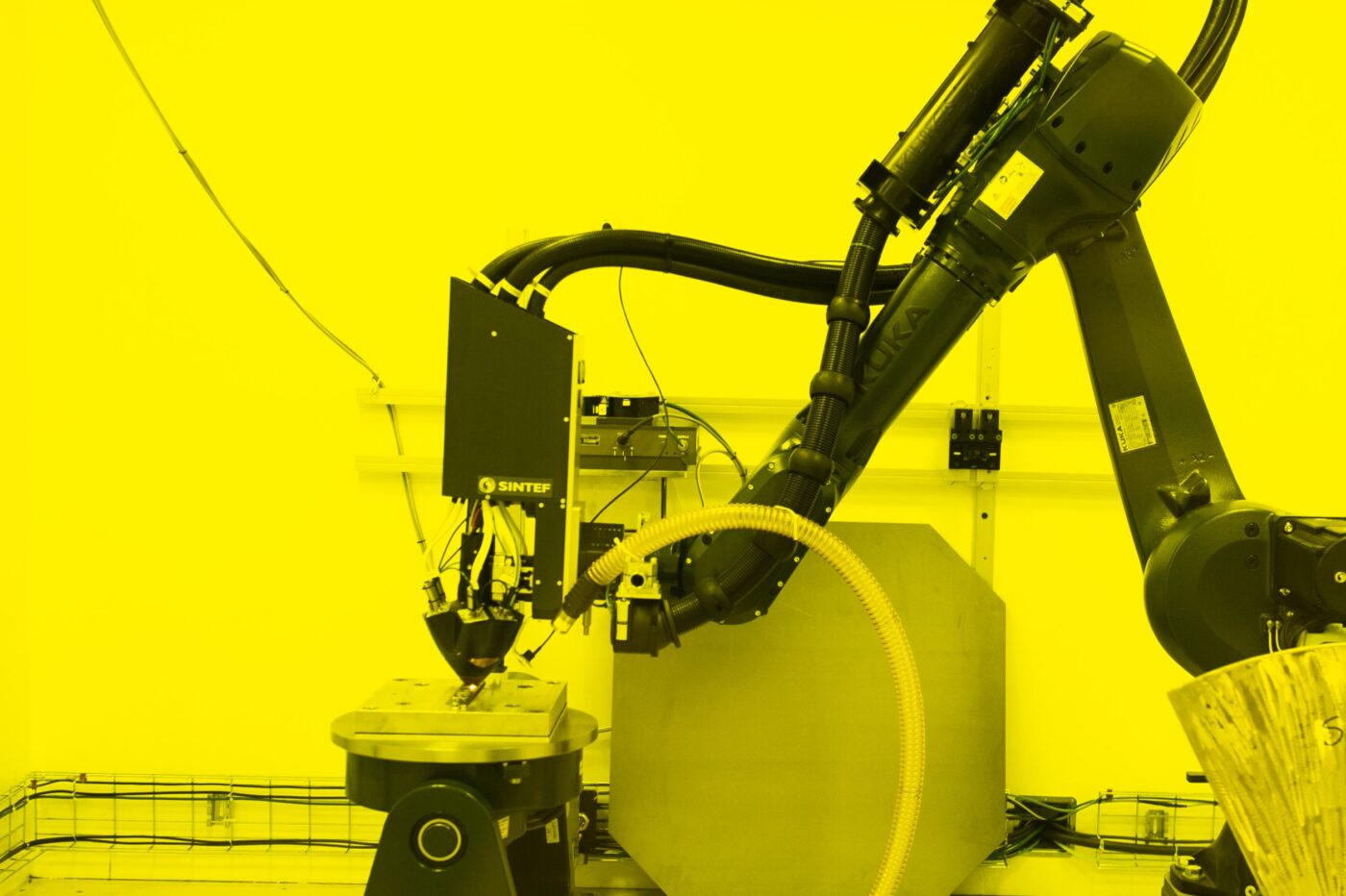About the ALABAMA project

Improved product quality and reduced waste
The improved technologies focus on creating advanced models for process optimization, including multi-beam control, laser beam shaping, and high-speed scanning. These innovations reduce material use and processing time by up to 90% compared to traditional methods, paving the way for a more efficient and sustainable manufacturing sector.
The project will explore the potential for:
- Remanufacturing components, which could lead to significant cost savings and environmental benefits.
- Integrating a digital product passport into a virtual manufacturing platform, providing a comprehensive overview of the product and process’s life-cycle assessment and costs.
- Integrating advanced process monitoring methods and quality assurance through advanced metrology and testing.
- Multiscale physics-based digital models for process optimization.
Quality will be ensured through advanced monitoring and control techniques.
European partnership
A consortium of leading European research institutions, universities, and businesses is collaborating to develop these technologies. The solutions will be tested in the aviation, maritime, and automotive sectors to tackle challenges like distortions, stresses, and material quality, ensuring their effectiveness in real-world applications.
